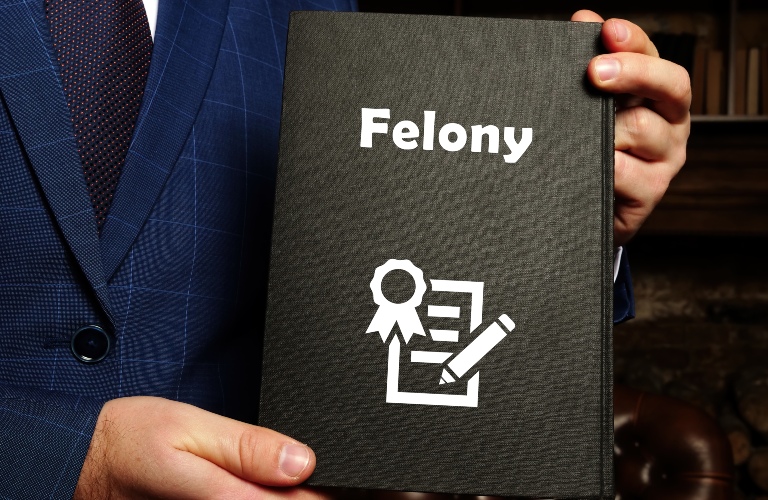What Are Class A, B, and C Felonies in Wisconsin?
Facing felony charges in Wisconsin can change the course of your life. When the court documents start listing classifications like “Class A,” “Class B,” or “Class C,” what does that mean for your future? These are more than labels.
What are Class A, B, and C felonies in Wisconsin? They represent a scale of severity that determines everything from how long you could be behind bars to how the conviction might follow you for the rest of your life.
Whether proceeding through the process or supporting someone involved in the crime, you will want to know the difference between these felony classes. Here is the distinction between these Class A, B, and C felonies.
What Is a Felony in Wisconsin?
In Wisconsin, a felony can land you in state prison for more than a year. These are the most serious types of criminal charges. They are divided into nine levels, from Class A through Class I. Class A felonies are the most severe, and Class I felonies are the least severe.
The top three are Class A, Class B, and Class C felonies. These charges carry the heaviest penalties and the most life-altering consequences.
Class A Felony
Class A felonies are some of the most extreme crimes. They involve intentional, premeditated acts of violence. The most common example is first-degree intentional homicide (Wis. Stat. § 940.01). If someone is convicted of a Class A felony, they can be sentenced to life in prison with no guarantee of ever getting out. This is the harshest penalty the state of Wisconsin can impose.
Class B Felony
Class B felonies are also extremely serious. While they don’t carry life sentences, they still involve serious violence or harm.
Many times, this can leave victims with long-lasting effects on their lives. Judges take these cases seriously, and sentences can stretch for decades. Some examples include:
- First-degree reckless homicide
- Kidnapping involving harm or ransom
- Sexual assault with a weapon or serious injury
In these felony cases, the maximum penalty is 60 years in prison. If someone is convicted of a Class B felony, they can face a long prison term followed by extended supervision. This includes regular check-ins, rules, and restrictions once they’re released.
Class C Felony
Class C felonies are also serious crimes that often involve violence, weapons, or significant drug offenses. However, they have not reached the level of Classes A or B. This can include:

- Second-degree sexual assault
- Armed robbery
- Large-scale drug trafficking, such as heroin or cocaine
The consequences are still very real, such as:
- Long prison sentences
- Supervision after release
- Felony record that follows a person for life
The maximum penalty is 40 years in prison, which includes 25 years confinement plus 15 years supervision.
Life After a Felony Conviction
One of the most important things to understand is that a felony conviction does not end when the prison sentence does. No matter the class, felonies carry lasting consequences that can affect almost every aspect of a person’s life. This includes:
- Loss of civil rights: You may lose the right to vote or own a firearm.
- Employment barriers: Many jobs and professional licenses become off-limits.
- Housing and financial aid issues: Felony records can limit access to public housing and education opportunities.
- Immigration concerns: Non-citizens may face deportation or be barred from reentering the U.S.
In these cases, you need skilled and knowledgeable legal representation. A good attorney can help explore alternative sentencing options, plea bargains, or even programs that might reduce the long-term damage of a conviction.
Get the Help You Need for Your Wisconsin Felony Case
Now that you know what are Class A, B, and C felonies in Wisconsin, you can make a plan to move forward with your case. These aren’t just letters on a legal document; they represent real stakes and real consequences.
But here’s the most important thing to remember: being charged with a felony is not the same as being convicted. There are always legal options, and every case deserves a strong criminal defense. At Melms Law, we can help you through this process. If you would like to learn more, reach out for a case evaluation.



